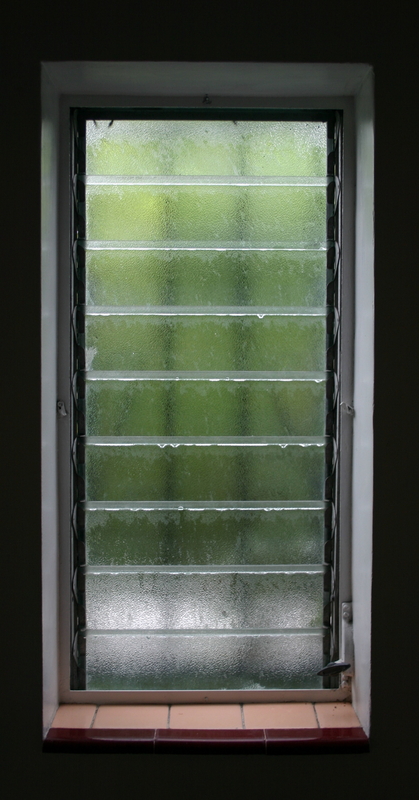When something pleases our parents and is proper,
we should try our best to provide it for them.
When something displeases them,
we should not do it.

Long ago there lived a girl who was called Atifeh, which meant “Gentle.” Her parents had named her this because as a newborn baby she was so sweet that they marveled at her good nature.
Atifeh lived with her family on a farm in a beautiful valley. As did most people in the valley, the family had some sheep. They also had a large, impressive ram who looked out for the herd and protected them from danger. Atifeh’s father cut the wool from the sheep every year for her mother to spin and make into beautiful clothing and blankets.
As Atifeh grew up, she began to help her parents around the farm. She helped clean the house and water the plants, and brought things when her parents asked for them.
She also loved to feed grass to the baby sheep in the springtime. As she played, she delighted in the butterflies and the birds and the small animals. She would sit very quietly under the big oak tree and wait for them to come to her so she could feed them crumbs from the bread her mother baked. Not having any brothers or sisters, she regarded the animals as her family and cared for them as a big sister would a younger one.
When Atifeh was about five years old, her mother told her it was time to start learning how to cook. Atifeh was very excited because she loved to eat her mother’s delicious food, but had no idea how it was prepared or even what it was!
Her mother told her to ask her father for some carrots and potatoes from the garden. Atifeh happily went to her father to ask him for the vegetables. He smiled fondly down at her and pulled out some carrots and potatoes, put them into a small basket, and handed it to Atifeh. Carefully holding the basket, she walked back to the kitchen and handed the basket up to her mother.
Then her mother asked her to get some of the herbs that grew outside the kitchen door. Atifeh went outside, picked some of the leaves, and brought these to her mother as well.
Her mother beamed at her and said since Atifeh was learning to cook, she would teach her how to make a very special dish: lamb stew. But for this they would need the special ingredient, which was lamb. She told Atifeh to go and ask her father to prepare one of the sheep.
Atifeh went dutifully to her father and told him what her mother had said. Curious, she asked, “Father, what is lamb?” Her father knelt down on the ground so he could look directly into her eyes and softly replied, “A lamb is a baby sheep.”
Atifeh froze. She couldn’t speak at first. She just looked at her father in shock. Then she very slowly shook her head and mouthed a silent “no.” She turned and ran back to the kitchen, with her father following her. His gentle daughter had never said “no” to him before.
Back in the kitchen, Atifeh was trembling and struggling to come up with just the right words. Finally, she looked at her mother and said, “Mother, when you wanted the carrots and the potatoes, I got them for you. When you wanted the herbs I brought those to you as well. But Mother, to kill a lamb is wrong. You and father have always taught me to care for animals and never to harm them. As much as I want to be a good daughter, I cannot because I will not tell father to kill a sheep.”
Then Atifeh stopped talking. She turned her eyes downward and stared at the floor. She was expecting a scolding for surely her parents would be very angry at her refusal to do what she was asked. Instead, her parents were speechless, shocked that their gentle daughter had spoken so strongly. They looked at each other and both realized what else could a girl named “Gentle” do? They thought about what she had said.
Atifeh’s mother sat down on the chair next to the table and took Atifeh in her arms. Smiling, she said, “We have always taught you to live up to your name, to care for all living beings, and to respect everything around us. Atifeh, you are right. Killing is wrong. From now on, the sheep will give us their wool, but not their lives. We will not kill any more sheep.”
That night, Atifeh went to the ram who was watching over the sheep to tell him good night. Since he was their guardian, she reported to him what had happened. She saw deep gratitude in his eyes.
For many years after that, Atifeh would go to say good night to the ram and he would look at her and offer a silent, “Good night, Atifeh. And thank you.”
 April 18, 2009
April 18, 2009 
